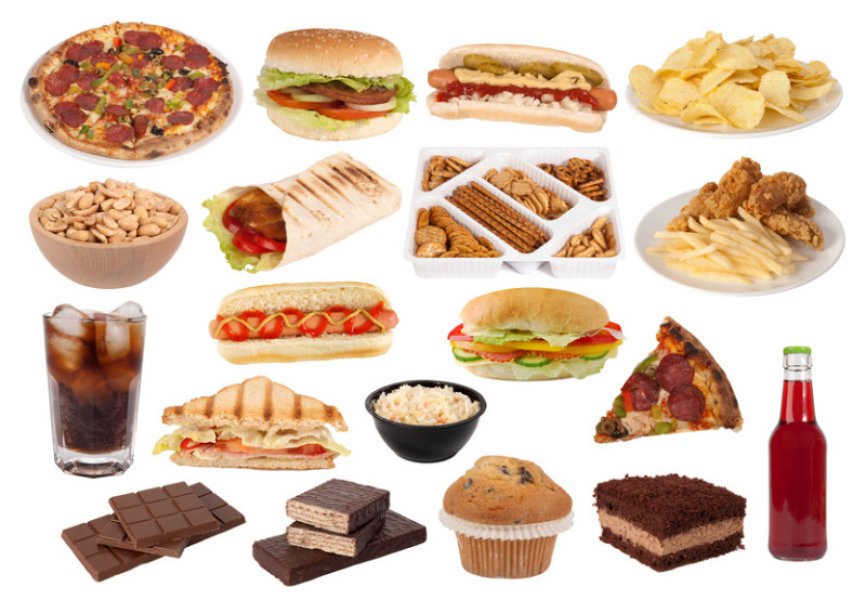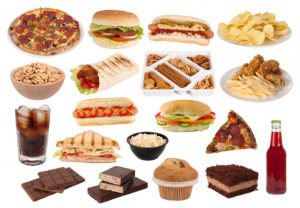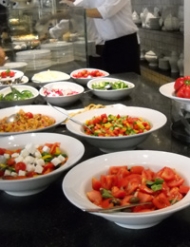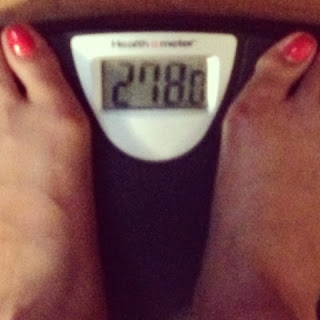
 It’s nearly impossible to go anywhere these days and not see advertisements on the dangers of processed foods and how detrimental they are for the body. With everyone focusing on “clean eating” and removing bad foods from our daily regimen, the fact of the matter remains that few people actually know what the term means and how to differentiate between healthy and processed foods.
It’s nearly impossible to go anywhere these days and not see advertisements on the dangers of processed foods and how detrimental they are for the body. With everyone focusing on “clean eating” and removing bad foods from our daily regimen, the fact of the matter remains that few people actually know what the term means and how to differentiate between healthy and processed foods.
Clean eating is basically the consumption of organic foods instead of unnatural foods that have been made in a laboratory. The latest technologies have made it easier than ever to make fake foods, which are cheap and easily distributed worldwide. Before you start changing your lifestyle, it is important to break down the guidelines to clean eating and why processed foods are unhealthy.
Defining Processed Foods
Foods that fall under the category of processed foods include salt, sugar, fat, and can usually be found in popular foods like breakfast cereals and beverages like carbonate drinks. All of these foods work by slowing down spoilage, which means they can last longer on retailer’s shelves. Removing or adding items to food is another way to process foods and when these have been manufacture in a lab, it rarely classifies as a natural food and is usually lace with preservatives and chemicals.
The Toxins in Processed Foods
One of the biggest disadvantages to processed foods is that it strips food of many of the vital nutrients it naturally provides, as well as changing the consistency and taste of food. The sooner that you are able to excise processed foods from your daily intake, the sooner that you will be able to reap the rewards of eating foods that replenish your body’s core necessities and revitalize overall health.
Bio: Dev Randhawa is a US-born health blogger who studied nursing in college, and hopes to become a medical administrator. Dev Randhawa is now a health-food blogger.





